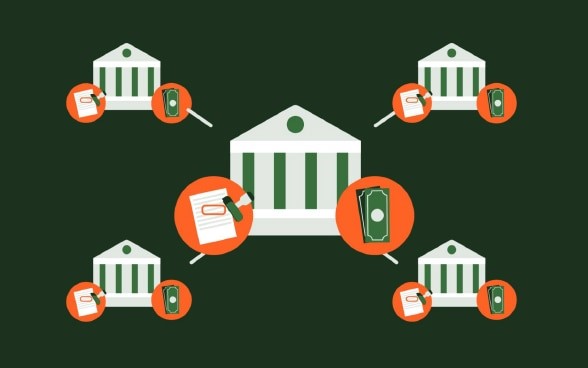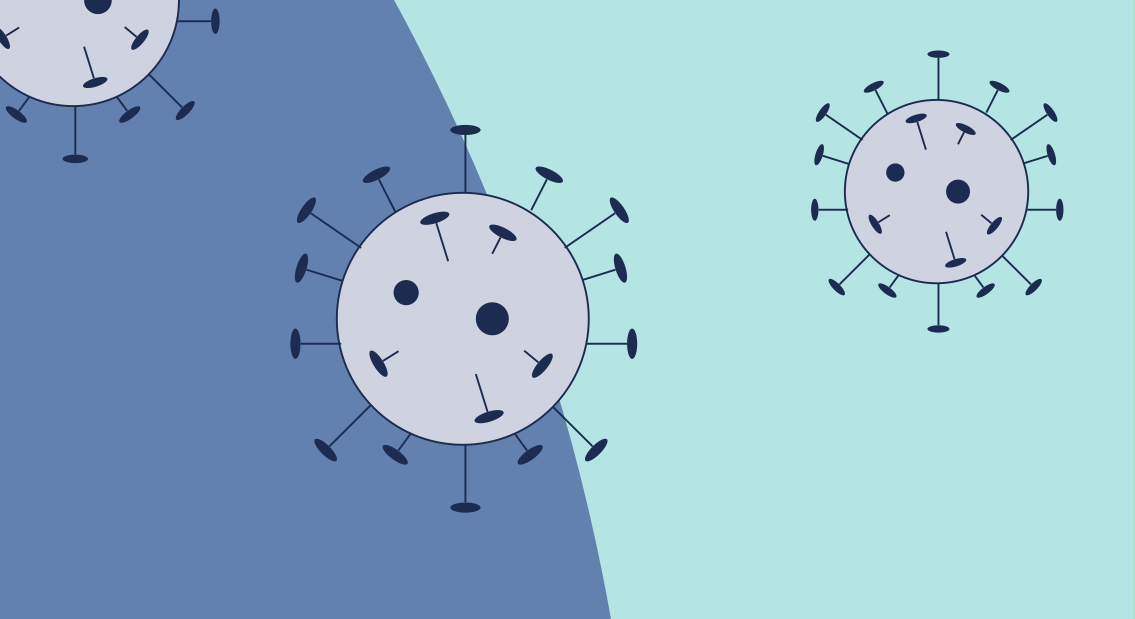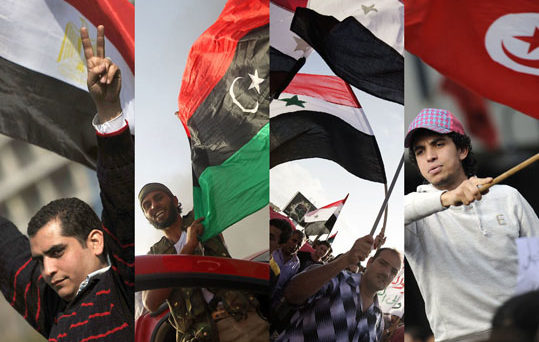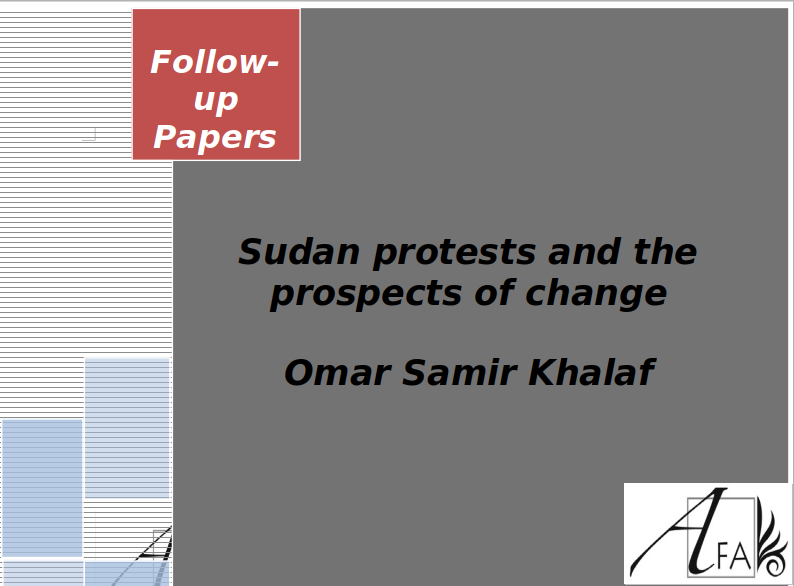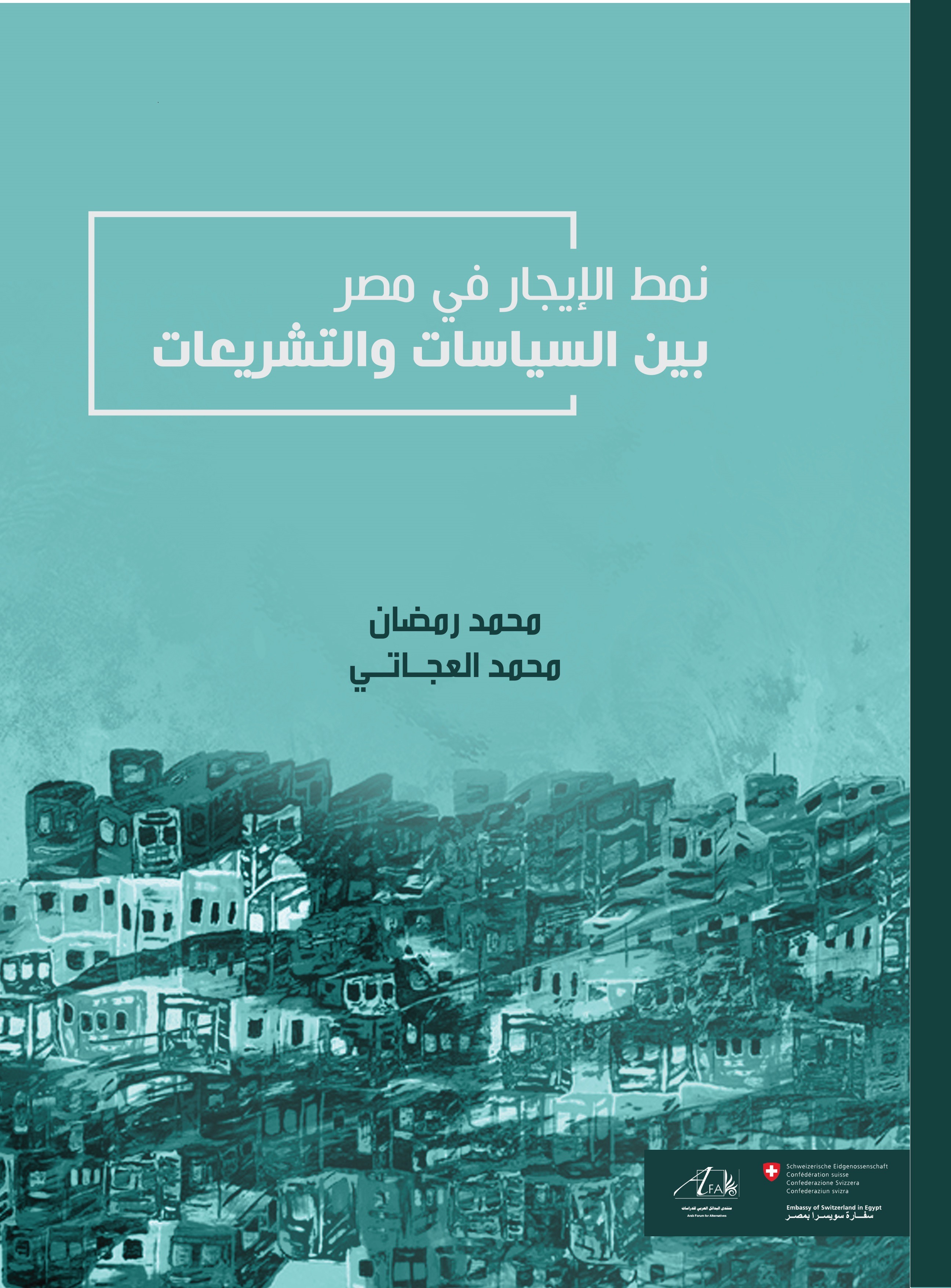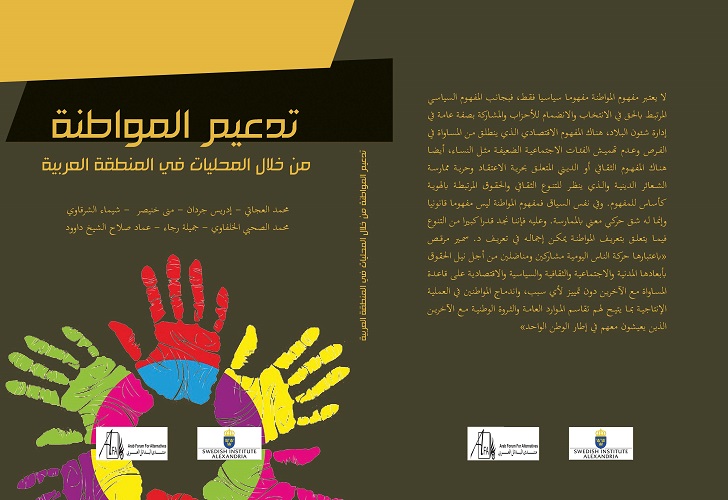Paper: Decentralization in Egypt: More than 10 years of a stumbling path
Shimaa El Sharkawy ,Shimaa ElSharkawyEgypt Abstract: Decentralization has been in the limelight of scholarly debate both for OECD countries and for other world regions, such as the Middle East and North Africa (MENA) for the last decades. When mass protests in the periphery in 2011 spilled over to urban spaces across the region, several MENA regimes responded to the increasing uncontrollability of political dynamics by broadening their discourse on decentralization and local governance reforms. Even the formerly heavily centralized regimes of Tunisia and Egypt opted for decentralization and introduced associated principles in their new constitutions. While, in Tunisia, the democratic…

